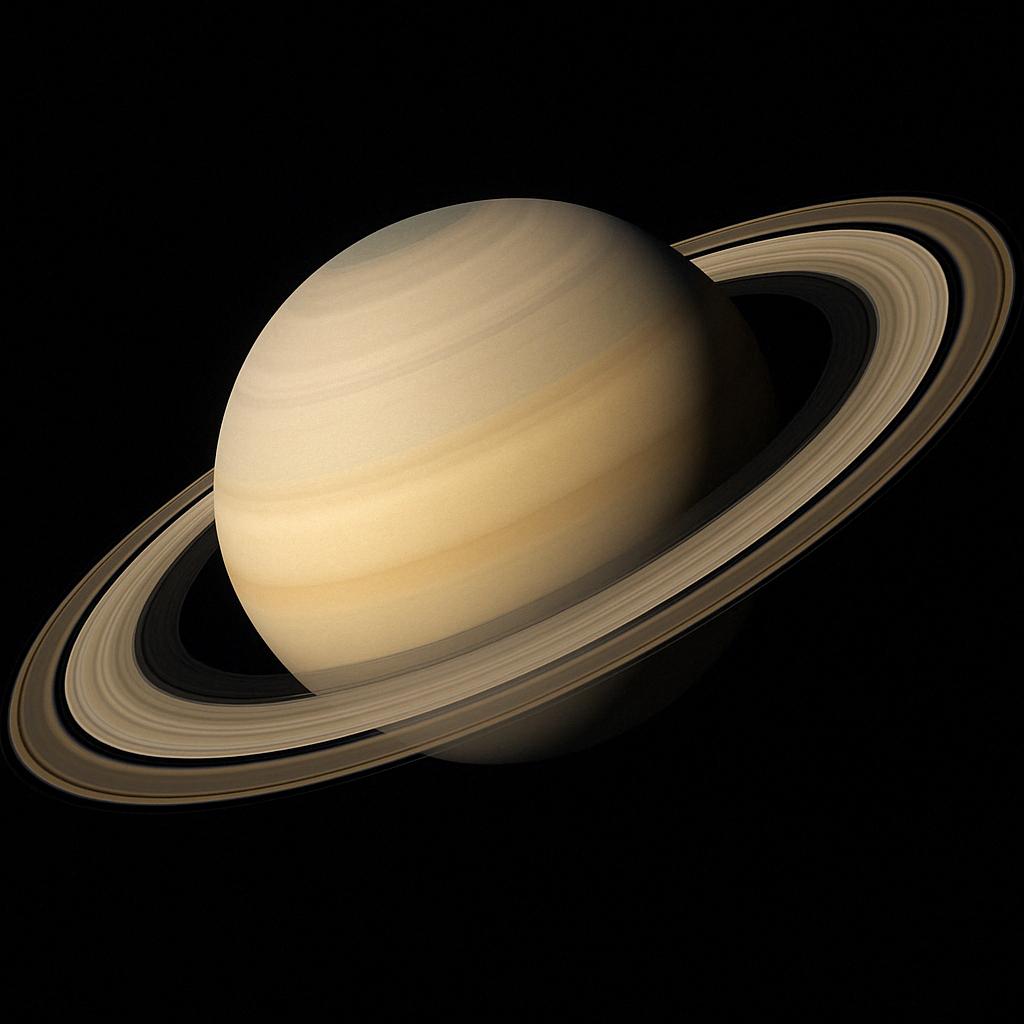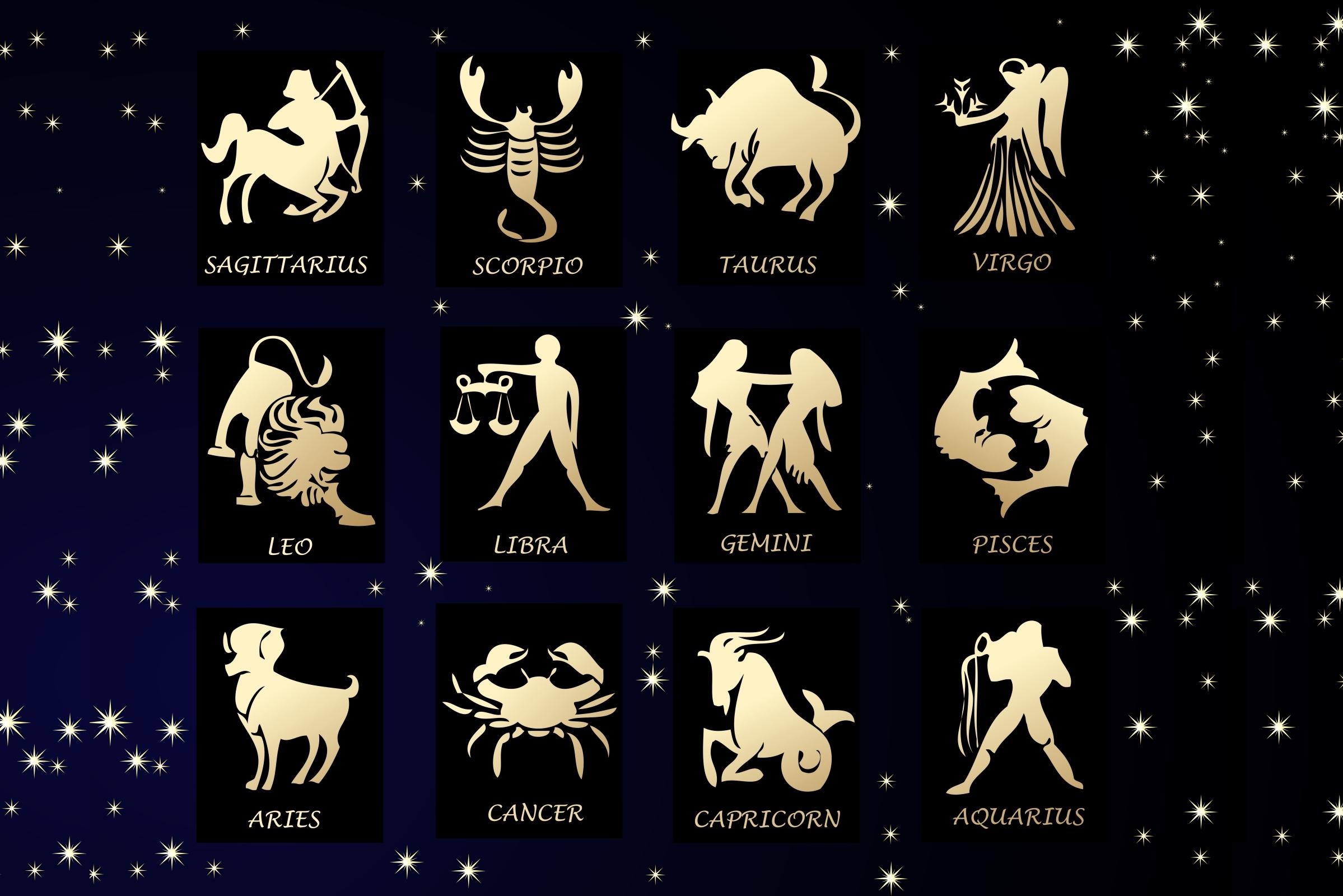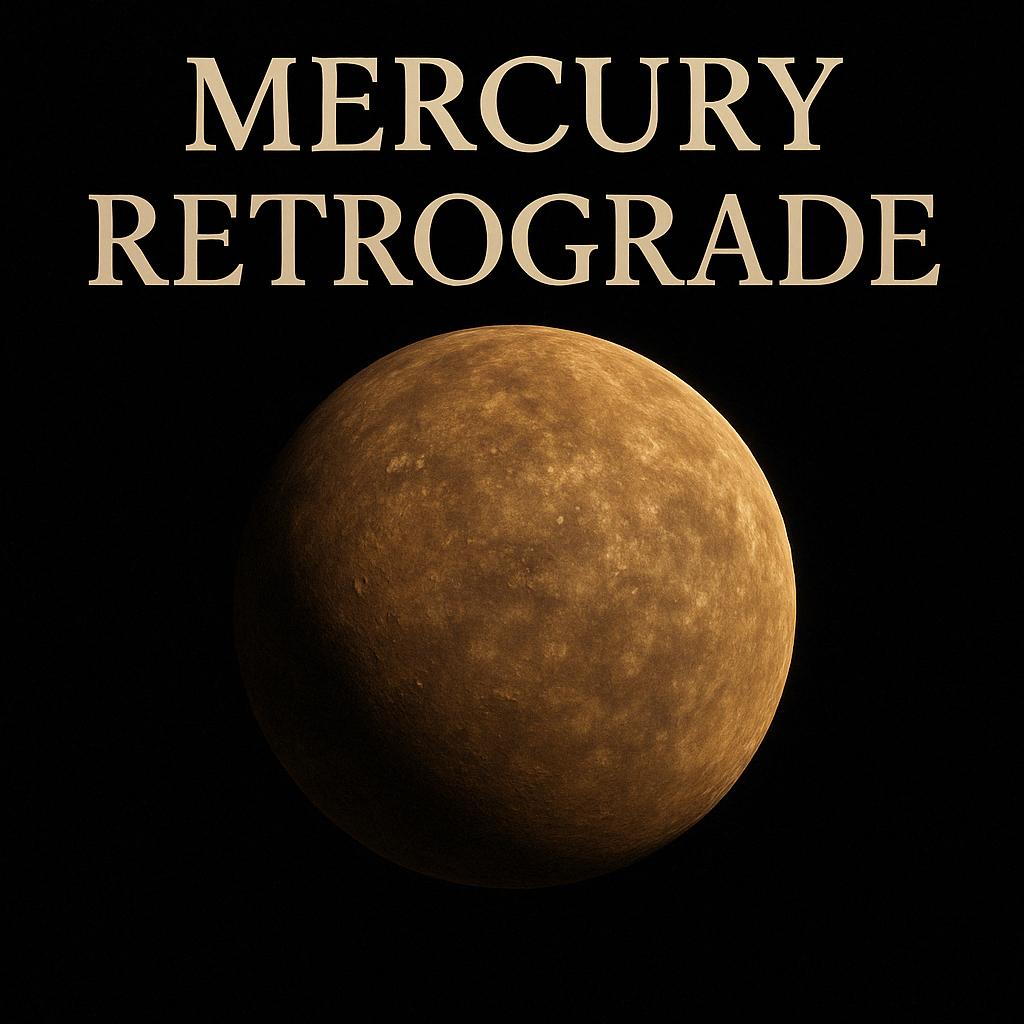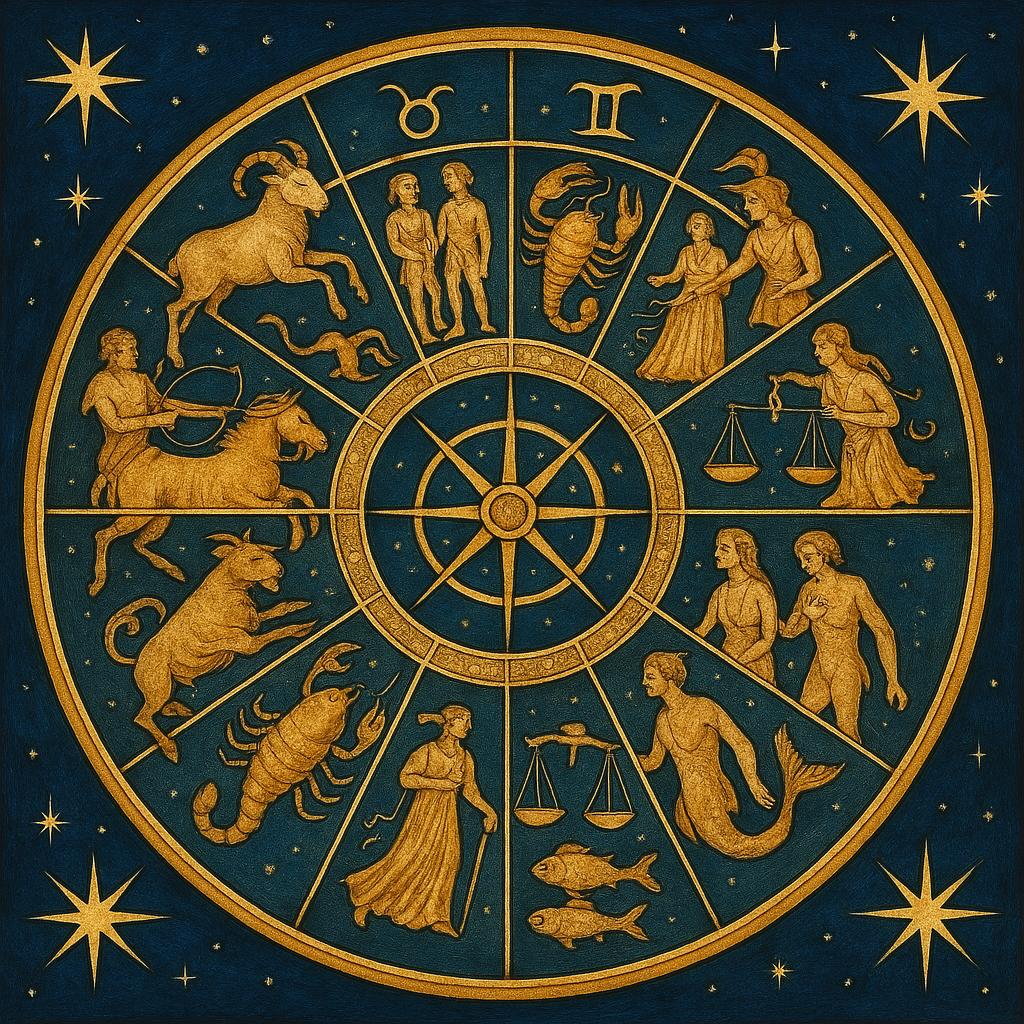Astrology, as a sacred cosmic science, has branched into various schools across the world. Each tradition reflects its region’s spiritual philosophy, cosmology, and cultural legacy. From the temples of ancient India to the courts of Chinese emperors and the observatories of Greece and Babylon, astrology has evolved through centuries, becoming both a personal tool and a collective mirror of destiny.
Read more about what astrology is by following this link.
🌌 Western Astrology
Western astrology traces its roots to Babylonian star lore (around 2000 BCE) and was further developed in Hellenistic Egypt during the 2nd century BCE. It became codified through Roman influence and the medieval Islamic Golden Age, before transforming again through the Renaissance and modern psychological movements.
This tradition uses the tropical zodiac, aligning the signs with the seasons rather than the constellations. It emphasizes the 12 zodiac signs, planetary aspects, and the system of 12 houses. The chart is drawn using the exact birth time, location, and date of a person, interpreted through the positions and interactions of the planets.
Key Representatives: Claudius Ptolemy, Dane Rudhyar, Liz Greene.
Modern Usage: Western astrology is the most globally popular system, especially in the Americas and Europe. It is used for personality profiling, compatibility readings, and psychological exploration. Modern astrology apps and self-help tools are primarily based on this tradition.
🌙 Vedic Astrology (Jyotish)
Jyotish, meaning “science of light,” emerged in India more than 5,000 years ago. It uses the sidereal zodiac and focuses on karma, reincarnation, and soul progression. Planetary periods (dashas) and lunar mansions (nakshatras) are central to its analysis.
Key Representatives: Maharishi Parashara, B.V. Raman, Sanjay Rath.
Modern Usage: Widely practiced in India and gaining popularity globally for its precision and spiritual depth. Often used for marriage compatibility, health, and spiritual guidance.
🐉 Chinese Astrology
Dating back to ~1046 BCE, Chinese astrology operates on a 60-year cycle using 12 animals and 5 elements. It analyzes the Four Pillars of Destiny (year, month, day, hour of birth).
Key Representatives: Scholars of Tang/Song Dynasties, Joey Yap, Raymond Lo.
Modern Usage: Integrated into traditional Chinese medicine, feng shui, and holiday rituals. Gaining traction in holistic circles worldwide.
🪐 Other Traditions
Hellenistic Astrology: Originated in Alexandria, introducing techniques like sect and planetary lots.
Mayan Astrology: Based on sacred calendars like the Tzolk’in, focused on spiritual alignment with galactic forces.
Uranian Astrology: Developed in the 20th century using midpoints and hypothetical planets.
Evolutionary Astrology: A modern system exploring past lives and soul purpose through Pluto and lunar nodes.
📊 Comparative Insights
- Western Astrology – Best for personal growth, relationships, and psychological insight.
- Vedic Astrology – Ideal for spiritual seekers, karmic insight, and predictive accuracy.
- Chinese Astrology – Great for balance, harmony with nature, and life planning.
- Other Traditions – Perfect for niche exploration and deeper philosophical study.
🗺️ Global Reach and Cultural Relevance
Western astrology is dominant in the West. Vedic astrology thrives in India and spiritual circles. Chinese astrology influences East Asian traditions. Others, like Mayan or Hellenistic astrology, are resurging in academic and mystical circles.
📅 Timeline of Development
- ~2000 BCE: Babylonian star charts.
- ~1000 BCE: Formation of Chinese astrological methods.
- ~500 BCE: Codification of Jyotish in the Vedas.
- 2nd Century BCE: Emergence of Hellenistic astrology.
- 7th–13th Century: Islamic golden age preserved astrological knowledge.
- 20th Century: Rise of modern Western, Uranian, and psychological astrology.
- 21st Century: Global revival via apps, influencers, and spiritual communities.
🧠 Which Astrology School Is Right for You?
- Analytical minds: Western astrology offers psychological depth and flexibility.
- Spiritual seekers: Vedic astrology dives deep into karmic patterns and soul purpose.
- Traditional harmony lovers: Chinese astrology blends beautifully with holistic wellness.
- Mystics and academics: Other traditions offer profound symbolic and cosmic frameworks.
📲 Recommended Tools and Resources
- Western: TimePassages, Astro.com, Co–Star
- Vedic: Jagannatha Hora, Cosmic Insights
- Chinese: Joey Yap’s BaZi Calculator
- Evolutionary: Steven Forrest, Jeffrey Wolf Green
🔗 Combining Systems for Deeper Insight
Many astrologers today blend systems. For example, combining Western charts for personality and transits, with Vedic dashas for life timing, or BaZi for energy flow. This integrative approach allows a richer, more multidimensional perspective on your path.
Each school offers a unique lens on fate, freedom, and soul purpose. By studying their principles and methods, we gain a deeper appreciation for the universal wisdom encoded in the stars—and can choose the system that resonates most with our path.




